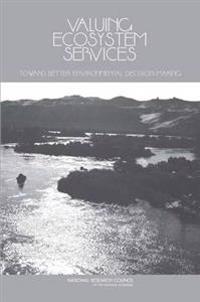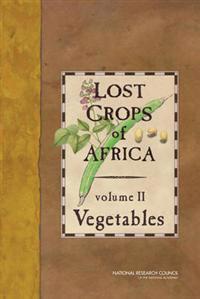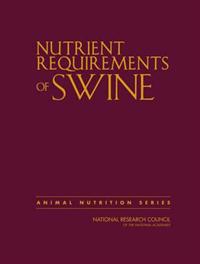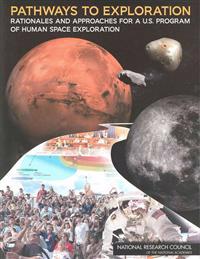Review of the Federal Ocean Acidification Research and Monitoring Plan (Pocket)
avNational Research Council (U. S.)
ISBN: 9780309301527 - UTGIVEN: 2013-07-30Valuing Ecosystem Services (Pocket)
avNational Research Council (U. S.)
ISBN: 9780309093187 - UTGIVEN: 2005-06Nutrient recycling, habitat for plants and animals, flood control, and water supply are among the many beneficial services provided by aquatic ecosystems. In making decisions about human activities, such as draining a wetland for a housing development, it is essential to consider both the value of t[...]
Lost Crops of Africa (Pocket)
avNational Research Council (U. S.)
ISBN: 9780309103336 - UTGIVEN: 2006-12This report is the second in a series of three evaluating underexploited African plant resources that could help broaden and secure Africa's food supply. The volume describes the characteristics of 18 little-known indigenous African vegetables (including tubers and legumes) that have potential as fo[...]
Lost Crops of Africa (Pocket)
avNational Research Council (U. S.)
ISBN: 9780309105965 - UTGIVEN: 2008-02This book is the third in a series evaluating underexploited African plant resources that could help broaden and secure Africa's food supply. The volume describes 24 little-known indigenous African cultivated and wild fruits that have potential as food and cash-crops but are typically overlooked by [...]
Recognition and Alleviation of Pain in Laboratory Animals (Pocket)
avNational Research Council (U. S.)
ISBN: 9780309128346 - UTGIVEN: 2009-12The use of animals in research adheres to scientific and ethical principles that promote humane care and practice. Scientific advances in our understanding of animal physiology and behavior often require theories to be revised and standards of practice to be updated to improve laboratory animal welf[...]
Nutrient Requirements of Swine (Inbunden)
avNational Research Council (U. S.)
ISBN: 9780309224239 - UTGIVEN: 2012-06Since 1944, the National Research Council has published 10 editions of the Nutrient Requirements of Swine. This reference has guided nutritionists and other professionals in academia and the swine and feed industries in developing and implementing nutritional and feeding programs for swine. The swin[...]
Pathways to Exploration (Pocket)
avNational Research Council (U. S.)
ISBN: 9780309305075 - UTGIVEN: 2014-12The United States has publicly funded its human spaceflight program on a continuous basis for more than a half-century, through three wars and a half-dozen recessions, from the early Mercury and Gemini suborbital and Earth orbital missions, to the lunar landings, and thence to the first reusable win[...]










